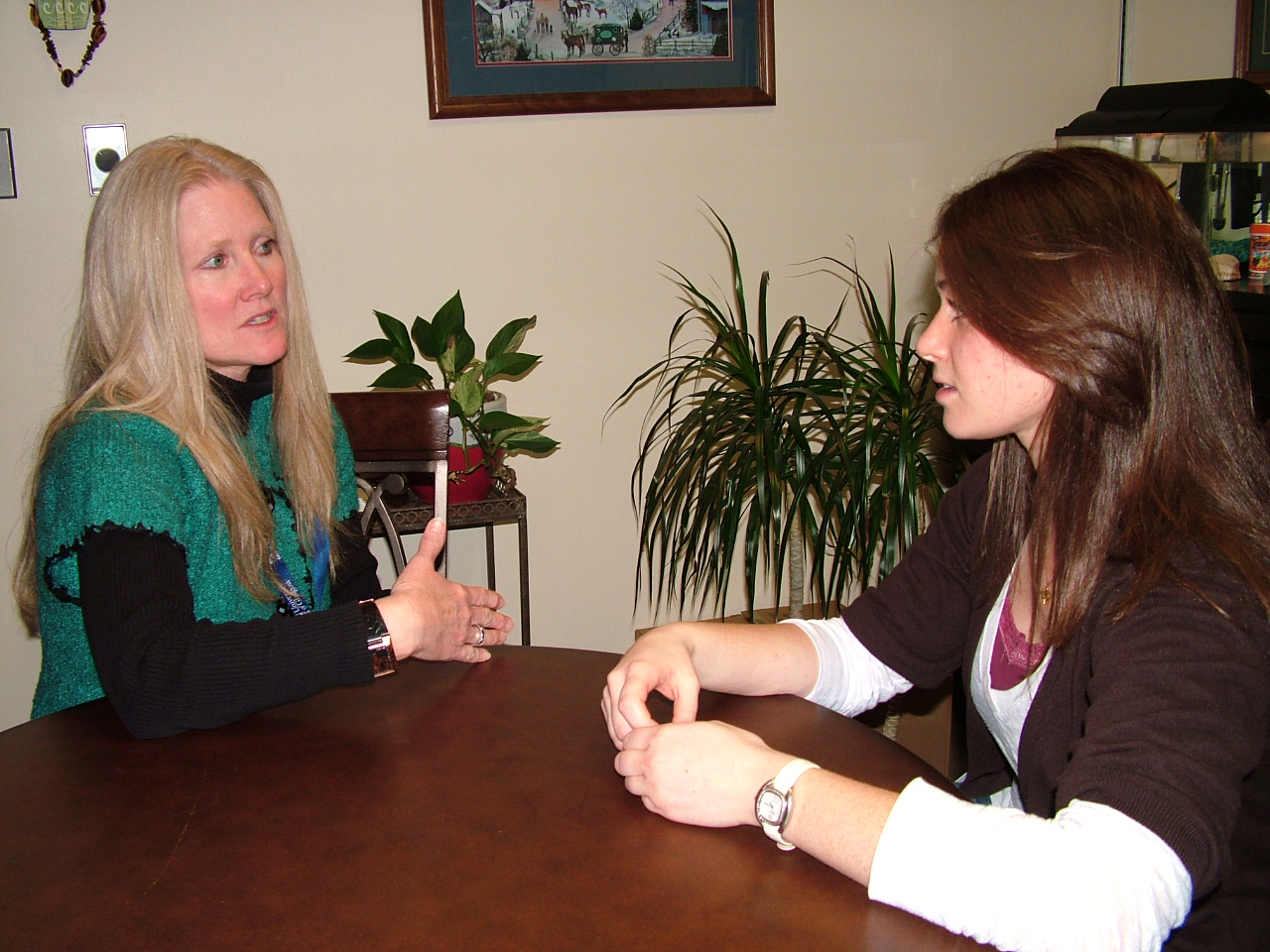Virginia-Maryland Regional College of Veterinary Medicine experiences surge in applications, utilizes innovative interview process

Decisions have been made, phones have been called, and letters have been mailed. Aspiring veterinarians learned this week whether or not they made the cut for the Virginia-Maryland Regional College of Veterinary Medicine at Virginia Tech’s class of 2015 in what has been one of the most competitive application periods in the college’s history.
Applications to the college’s Doctor of Veterinary Medicine (DVM) degree program increased 11 percent this year over last year, a historic surge for the college that bucks decreasing admissions applicant numbers at some of the nation’s 28 accredited veterinary programs.
Leaders at the veterinary college attribute the against-trend application increase to enhanced visibility of the college, awareness of the value and quality of the program by applicants, and the college’s increasing role in global veterinary research.
“Applicants, especially those from Virginia and Maryland, are increasingly attuned to the fact that our college provides training on par with top-tier veterinary colleges and, in many cases, at a much better value,” said Dr. Gerhardt Schurig, dean of the college.
In total, the college will enroll 95 incoming students this fall. Broken down, 50 of those students will be residents of Virginia, 30 from Maryland, and 15 from other states and countries.
Prospective students competing to fill both in-state and out-of-state slots increased in numbers this year, said Dr. Jennifer Hodgson, associate dean for professional programs.
“Individuals from across the United States and from other continents are looking at the college as a first choice in their application process,” Hodgson said. “We are recognized by these applicants for our progressive tradition of providing ahead-of-the-curve curriculum and job-ready training.”
The application process for the aspiring veterinarians began one year ago, when admissions counseling was offered to interested students. Applications were due to the college in October, and admissions interviews were conducted last week in Blacksburg, Va.
For the second year, the veterinary college utilized the innovative multiple mini interview format for admissions interviews, a format developed at McMaster’s Medical School in Canada to assess a candidate’s non-cognitive skills such as critical thinking, problem solving, communication, and self awareness. These skills have been identified as important for students to possess in order to be successful during the professional program as well as post-graduation.
During the admissions interviews – the scores from which were used as a determining factor in the application process – applicants were interviewed by faculty members, alumni, practicing veterinarians, and others involved in veterinary education. All interviewees participated in eight scenarios, which lasted six minutes each, and had the students rotating through interview rooms for evaluation of their skill in responding to these scenarios.
“It’s extremely important for us to evaluate these skills that the veterinary profession and global stakeholders have identified as crucial for veterinarians,” said Dr. Jacque Pelzer, director of admissions and student services at the college.
The final decision on whether or not to enroll at the college is now in the hands of the accepted applicants. Active recruitment for the college's DVM class of 2016, which will be comprised of 120 students, will begin this summer.




